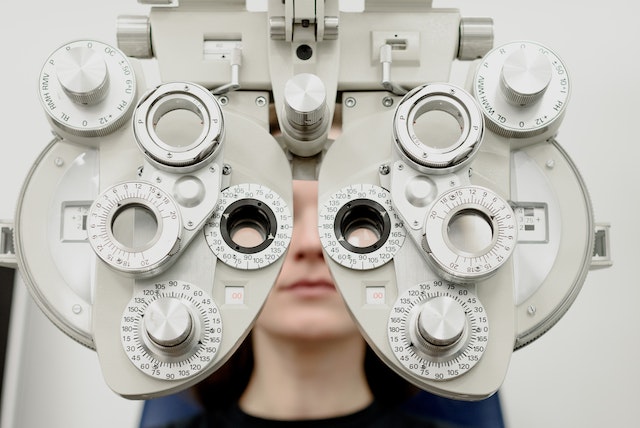Infectious diseases continue to pose significant global health challenges, requiring innovative and collaborative approaches to advance research and find effective solutions. One crucial aspect of this endeavor is the involvement of Infectious Disease Contract Research Organizations (CROs). These specialized entities play a pivotal role in accelerating the discovery and development of treatments and vaccines for infectious diseases through their collaborative strategies. This article explores the significant impact of Infectious Disease CRO in driving progress and fostering collaboration in infectious disease research.
The Role of Infectious Disease CROs
Facilitating Collaborative Research Partnerships
Infectious Disease CROs acts as catalysts for collaboration, bridging the gap between various stakeholders, including academic institutions, pharmaceutical companies, government agencies, and nonprofit organizations. By facilitating research partnerships, CROs create a platform where experts from diverse fields can unite their knowledge, resources, and expertise to tackle infectious diseases collectively. Such collaboration enables a multidisciplinary approach that promotes innovation, accelerates research timelines, and enhances the chances of success.
Streamlining Clinical Trial Processes
Clinical trials are a crucial phase in infectious disease research, providing essential data to evaluate the safety and efficacy of potential treatments or vaccines. Infectious Disease CROs play a vital role in streamlining and optimizing clinical trial processes. From study design and protocol development to patient recruitment and data analysis, CROs provide comprehensive support, ensuring that trials are conducted efficiently and effectively. This collaborative approach not only expedites the research process but also ensures that trials adhere to regulatory standards and ethical guidelines.
Leveraging Specialized Expertise
Infectious Disease CROs bring together a diverse pool of experts with specialized knowledge in infectious diseases, immunology, epidemiology, and other relevant disciplines. By harnessing this collective expertise, CROs can offer valuable insights and guidance throughout the research journey. From study design to data interpretation, these specialized professionals contribute their in-depth understanding to help optimize research methodologies, validate findings, and identify potential opportunities for further exploration. This collaborative exchange of knowledge enhances the quality and reliability of infectious disease research outcomes.
Conclusion
Collaborative strategies in infectious disease research have become increasingly vital in the ongoing battle against infectious diseases. Infectious Disease CROs play a pivotal role in driving progress and fostering collaboration by facilitating research partnerships, streamlining clinical trial processes, and leveraging specialized expertise. Through their collaborative efforts, CROs enhance the efficiency, effectiveness, and reliability of infectious disease research. By continuing to embrace collaboration and harness the power of collective intelligence, we can expect even greater advancements in the prevention, diagnosis, and treatment of infectious diseases in the future.








